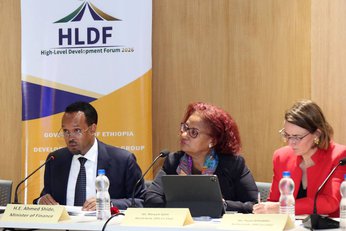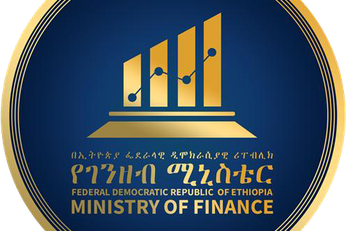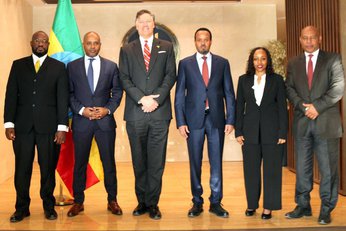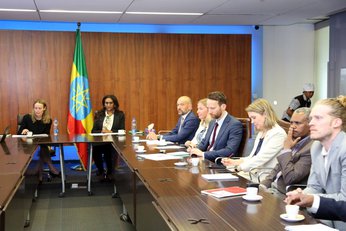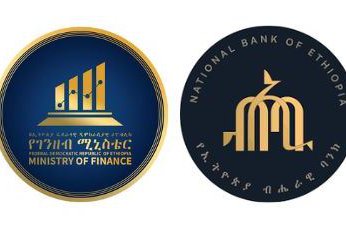Ethiopia and Development Partners Relaunch Public Financial Management Reforms to Strengthen Transparency and Fiscal Accountability
Published: Nov. 19, 2025
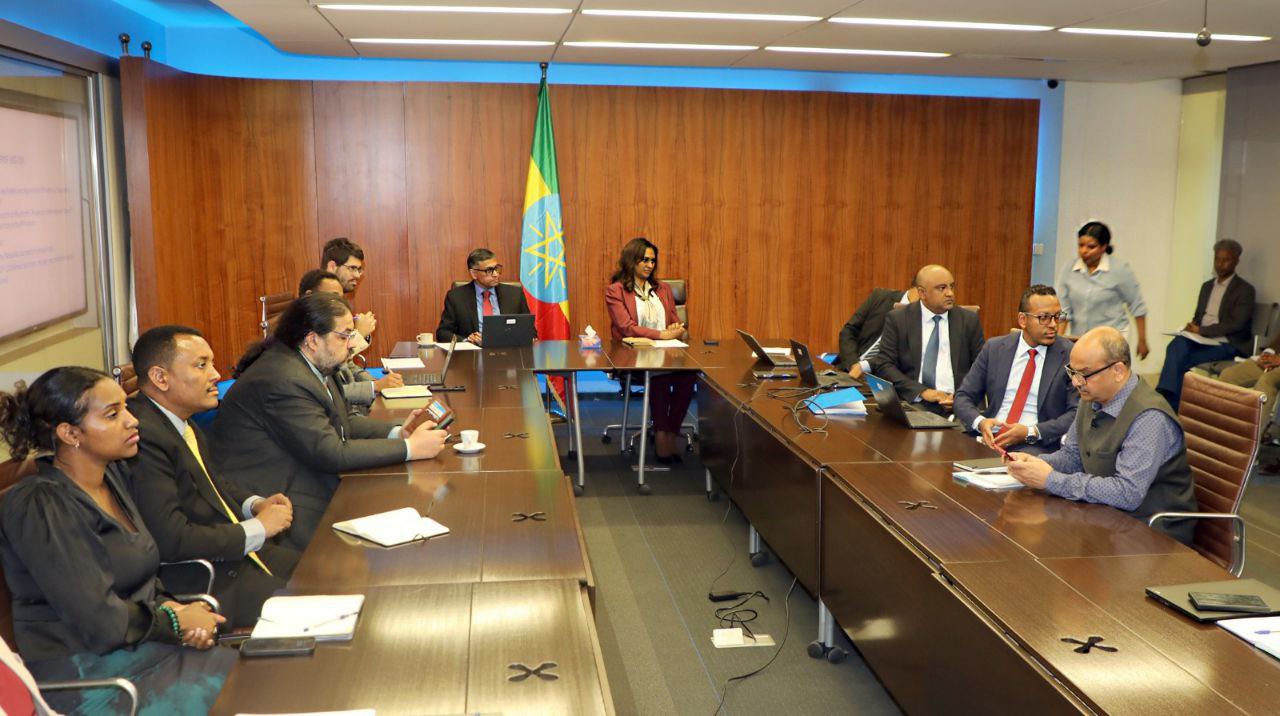 November 19, 2025 - ADDIS ABABA — The Ministry of Finance on Wednesday convened a high-level meeting of the Public Financial Management (PFM) Joint Working Group, reaffirming Ethiopia’s commitment to strengthening transparency, accountability, and fiscal governance. Senior government officials outlined key reforms to improve budgeting, cash management, procurement, and public investment oversight. Development partners, including the World Bank, IMF, EU, AfDB, Gates Foundation, UNICEF, and UNDP, attended in a supportive role, providing technical and financial assistance to bolster the government-led agenda.
November 19, 2025 - ADDIS ABABA — The Ministry of Finance on Wednesday convened a high-level meeting of the Public Financial Management (PFM) Joint Working Group, reaffirming Ethiopia’s commitment to strengthening transparency, accountability, and fiscal governance. Senior government officials outlined key reforms to improve budgeting, cash management, procurement, and public investment oversight. Development partners, including the World Bank, IMF, EU, AfDB, Gates Foundation, UNICEF, and UNDP, attended in a supportive role, providing technical and financial assistance to bolster the government-led agenda.
State Minister H.E. Semereta Sewasew stressed that Public Financial Management reforms are “a strategic pillar for Ethiopia’s recovery and long-term growth,” emphasizing that they reshape how the country plans, allocates, spends, and monitors public resources. She highlighted Ethiopia’s focus on credible budgeting, realistic revenue projections, and establishing a multi-year expenditure framework to ensure fiscal discipline and safeguard essential services for citizens.
The meeting also highlighted the acceleration of a unified Treasury Single Account, integrating federal and regional accounts with weekly cash planning to ensure predictable fund flows. These reforms aim to increase efficiency and help ensure that resources reach schools, hospitals, roads, and other critical public services.
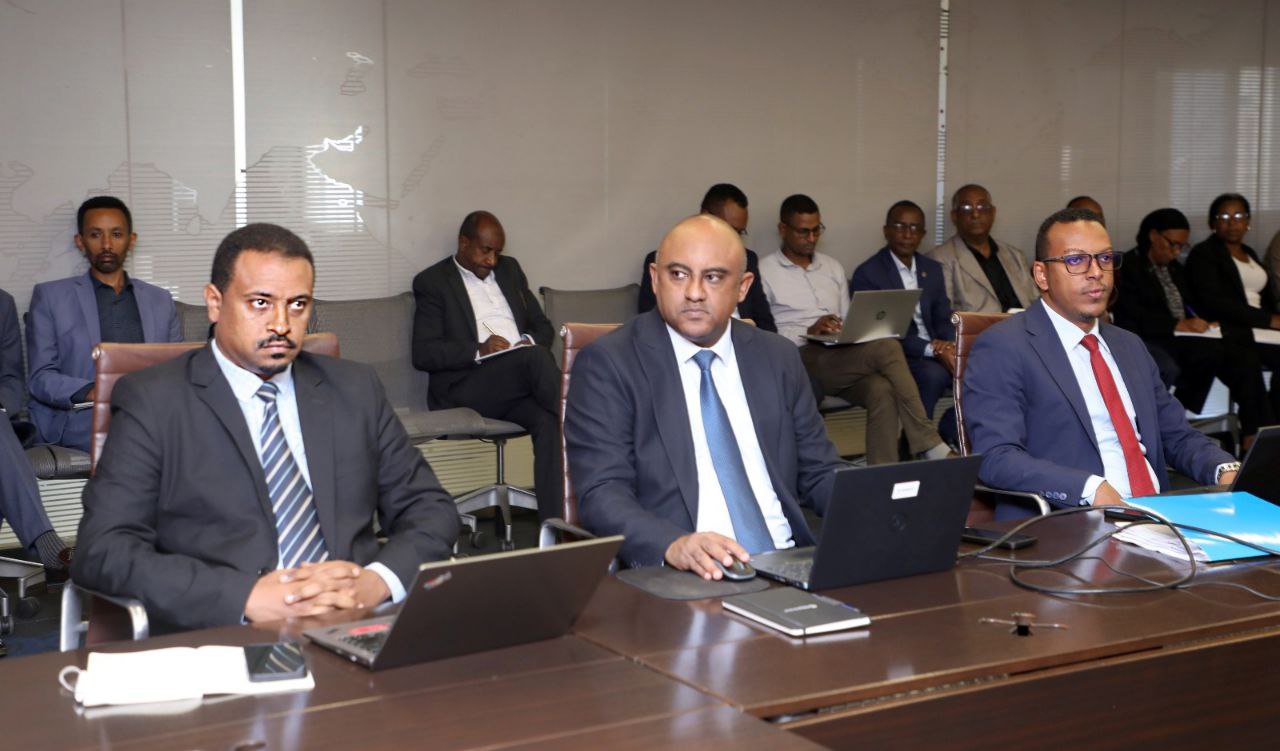
The Government is continuing to strengthen Public Financial Management systems across all levels—including in the regions—to enhance transparency, accountability, and efficiency. The meeting also reviewed oversight of public investment and state-owned enterprises. Regular financial reporting, independent review of large projects, and integrating fiscal risk statements into the national budget are critical to managing debt risks and ensuring borrowing remains sustainable, protecting the economy and safeguarding public finances.
Digitalization is a key focus, with significant progress in modernizing the IFMIS system to improve transparency and efficiency in budget execution, procurement, payroll, and payments, including a shift to electronic payments to reduce leakages. Strengthening audit systems is also prioritized, with efforts to improve internal and external audits and enforce recommendations to enhance accountability. Partners continue to support Ethiopia’s reform efforts, emphasizing the need for clear priorities, better results frameworks, completion of overdue assessments, capacity building—especially to address staff turnover—and increased domestic revenue mobilization to sustain development and fiscal stability.
H.E. Semereta emphasized that communicating reform achievements to the public is essential, stating that “building trust is just as important as building systems.” She described the Joint Working Group as a vital platform for coordinated problem-solving, monitoring progress, and charting Ethiopia’s next phase of government-led fiscal transformation.

